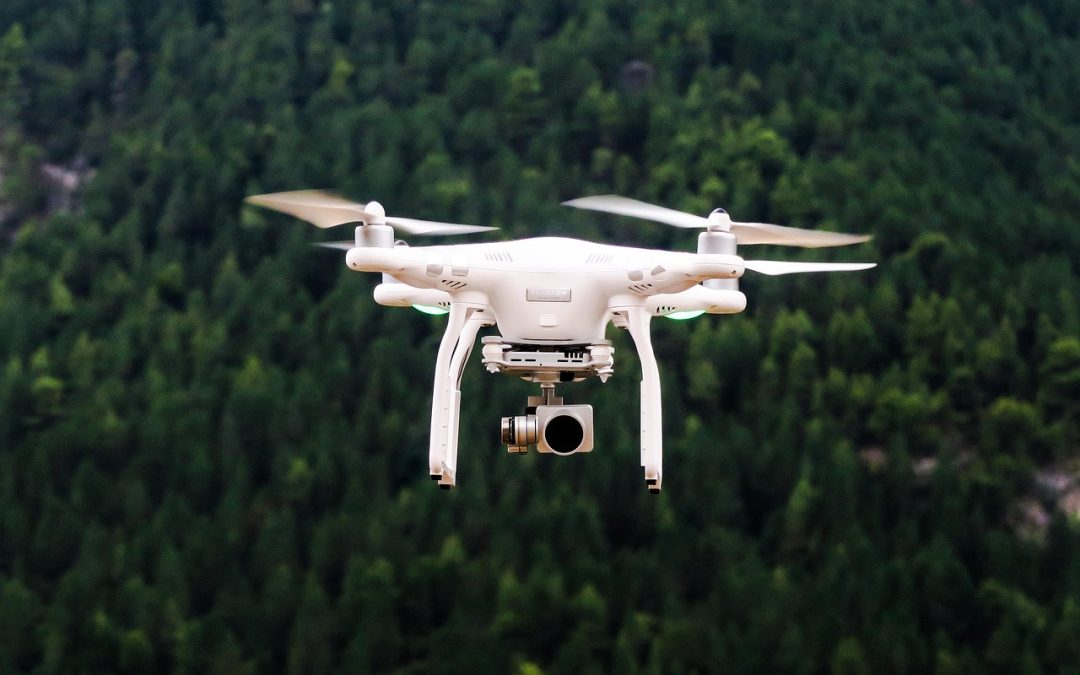As drones become increasingly popular, concerns about surveillance over private property have sparked important questions about individual rights and law enforcement practices. While drone technology can be a valuable tool for public safety, it’s essential to understand the legal boundaries surrounding its deployment over private property.
Understanding the Fourth Amendment
The Fourth Amendment safeguards individuals from unreasonable searches and seizures, including surveillance over private property. The amendment requires law enforcement to obtain a warrant based on probable cause before conducting a search. However, there are exceptions to this rule, including consent searches and exigent circumstances.
What to Expect During a Police Encounter
If you suspect that a drone is being used to surveil your property, remain calm and follow these steps:
- Stay calm and composed. Avoid confrontations with law enforcement.
- Politely ask the officer if they have a warrant to conduct surveillance over your property.
- If the officer claims to have a warrant, ask to inspect it.
- If the officer does not have a warrant, politely inform them that you do not consent to the surveillance.
- Remember, you have the right to refuse consent, but be aware that this may escalate the situation.
- Document the encounter, including the officer’s name, badge number, and a description of the drone.
The right of the people to be secure in their persons, houses, papers, and effects, against unreasonable searches and seizures, shall not be violated, and no Warrants shall issue, but upon probable cause, supported by Oath or affirmation, and particularly describing the place to be searched, and the persons or things to be seized.
This quote from the Fourth Amendment serves as a guiding principle for understanding the legal framework surrounding drone surveillance encounters.
Additional Considerations and Safety Tips
In addition to knowing your rights, prioritize safety during interactions with law enforcement:
Avoid touching or attempting to confiscate the drone, as this could lead to an escalation of the situation.
If you feel unsafe or threatened during the encounter, prioritize your safety and seek assistance from a trusted authority figure or legal counsel.
In conclusion, it’s essential to understand your rights and to assert them in a respectful and calm manner. Stay informed about local laws and regulations regarding drone surveillance, and remember that knowledge is power in protecting your individual rights and safety.
The information at Observed.Org may not pertain to every jurisdiction. It is YOUR responsibility to know your rights and observe them. Nothing here should be considered legal advice.

